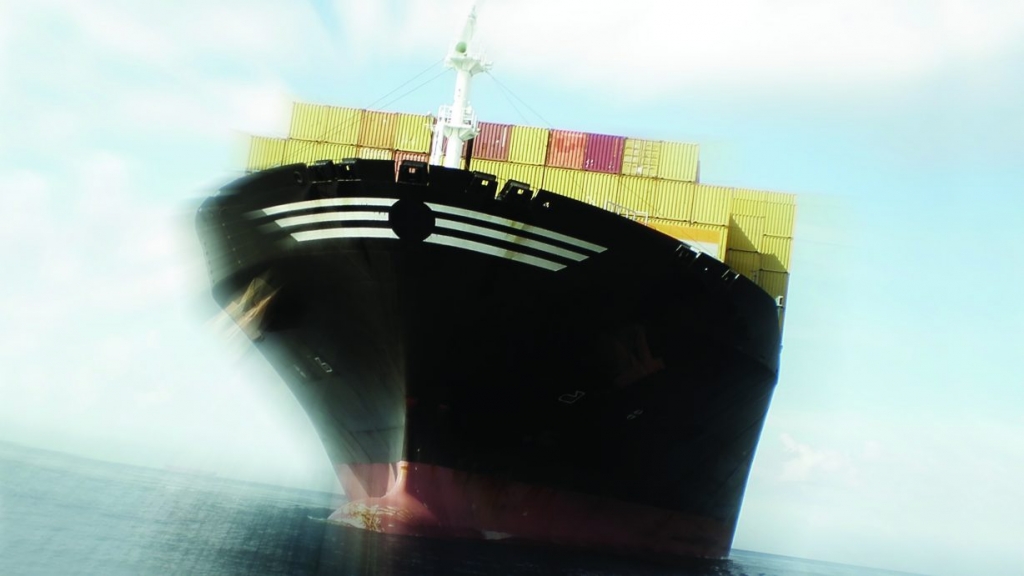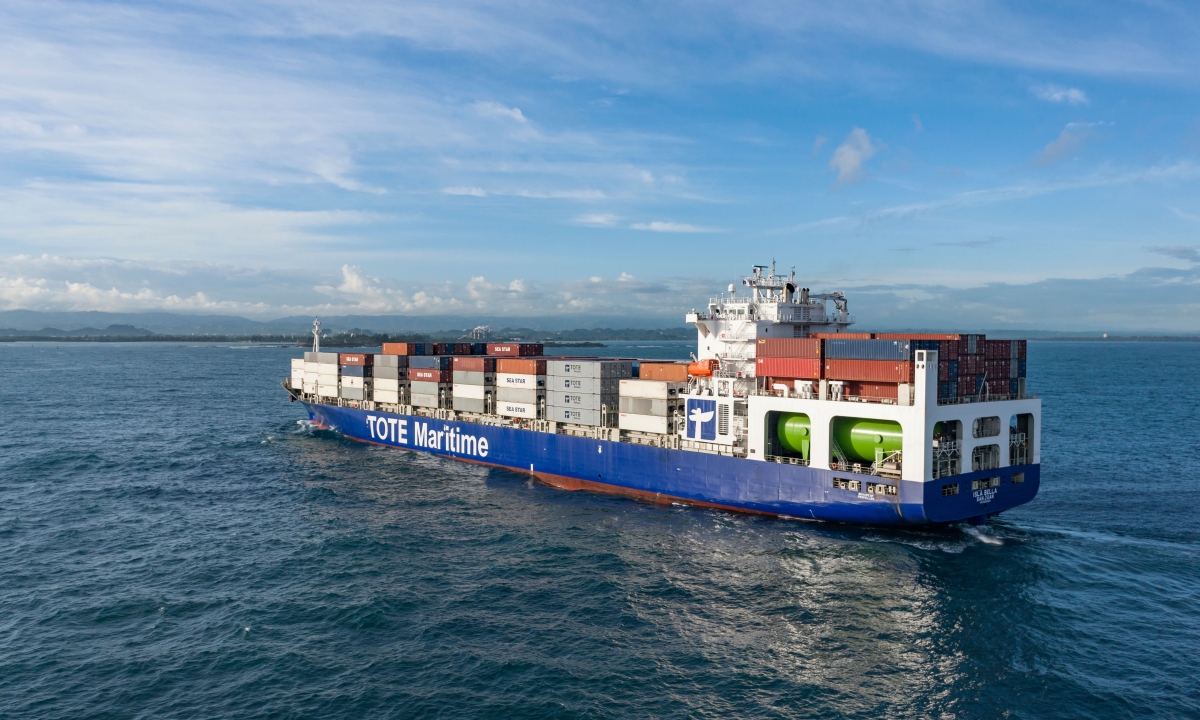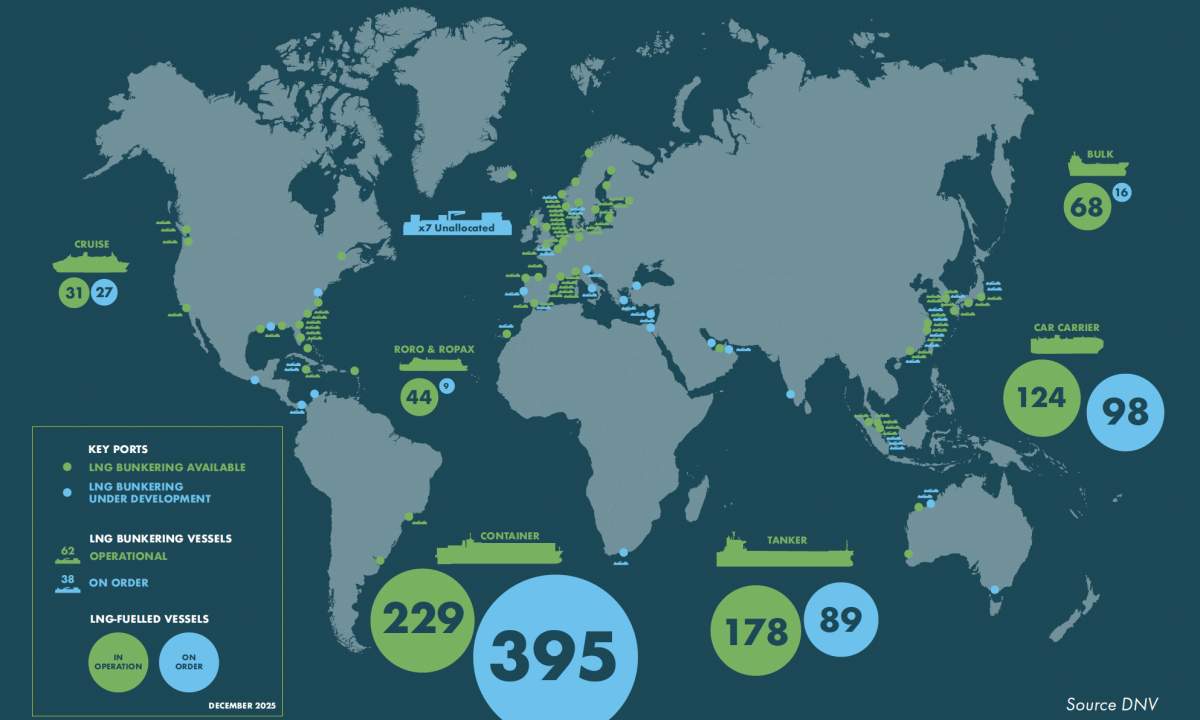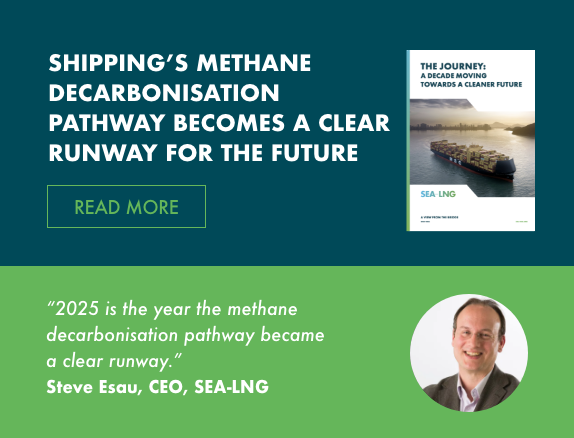5th July 2019
SEA-LNG WELCOMES PORT OF VIRGINIA AS FIRST PORT IN THE UNITED STATES TO JOIN MEMBERSHIP

LONDON, 5 JULY 2019: SEA-LNG has announced today that the Port of Virginia has become the first port in the United States of America to join the multi-sector industry coalition aiming to accelerate the widespread adoption of liquefied natural gas (LNG) as a marine fuel.
“We’re very pleased to welcome the Port of Virginia as our first US port member. The US has vastly increased its LNG export capacity since the industry really took flight in early 2016, inspiring development in LNG bunkering capabilities on the East and West Coasts. The addition of the Port of Virginia to the coalition marks the climbing interest in LNG as a commercially viable, environmentally sustainable fuel for US domestic and international shipping.”
Peter Keller, Chairman, SEA-LNG
The Port of Virginia is an international hub port with connections to over 45 countries worldwide, and an extensive rail network across the United States. As part of its pledge to deliver operational excellence and sustainable growth, the port is currently undertaking a $700m expansion project to increase overall container capacity by 40%, as well as increasing lifting and docking capabilities across its six terminals. In March 2019, the port also established a working group to examine the benefit and scalability of LNG bunkers for maritime trade.
John F. Reinhart, CEO and Executive Director of the Virginia Port Authority, said: “The Port of Virginia has always been at the center of maritime innovation. Our industry is evolving and the issues of alternative marine fuels and ports reducing their carbon footprints are growing in their importance. LNG bunkering would represent a complimentary capability to our land and waterside assets and investments. SEA-LNG is a major player in leading the conversation about using LNG as a viable and sustainable marine fuel.”
The SEA-LNG coalition unites key players from across the LNG marine value chain to address the barriers to the adoption of LNG; advocating for collaboration, demonstration, and communication on key areas such as regulation, emissions, infrastructure, and the economic case, to provide the confidence and demand required for an effective and efficient global LNG value chain for 2020 and beyond.
LNG continues to provide a major advantage in terms of improving air quality and human health, which is particularly important in ports like Virginia and coastal areas. It can achieve up to 28% tank to wake reductions – or 21% well to wake – for two-stroke engines, compared with conventional oil-based fuels, which is also a major step forward in terms of GHG. Further, LNG, in combination with efficiency measures being developed for new ships in response to the IMO’s Energy Efficiency Design Index (EEDI), will provide a way of meeting the IMO’s target of a 40% decrease in GHG by 2030 for international shipping.
This partnership will provide a great opportunity to accelerate the adoption of LNG as a marine fuel and continue the progress that has been made to offer a safe, mature, commercially viable, long-term pathway towards a zero-emissions shipping industry.
The Port of Virginia is the second North American port alongside the Vancouver Fraser Port Authority, and the fifth global port alongside the Port of Rotterdam, the Maritime and Port Authority of (MPA) Singapore, and Yokohama Kawasaki International Port Authority (YKIP), to join the coalition’s growing roster of 36 members.
Notes to editors
• For the latest SEA-LNG news, please visit: /sea-lng.org/news-and-views/
• To share news about the coalition, please tweet us @SEA-LNGcoalition
About SEA-LNG
SEA-LNG is a UK-registered not for profit collaborative industry foundation serving the needs of its member organisations committed to furthering the use of LNG as an important, environmentally superior maritime fuel.
SEA-LNG has members across the entire LNG value chain including providers of the product, users, engine and asset suppliers, and class societies. SEA-LNG is already recognised as an International leader in LNG matters. Each member organisation commits mutually agreed human resources, data analysis and knowledge sharing in support of SEA-LNG initiatives and activities and financially contributes via a membership fee. SEA-LNG is guided by a board, which is led by chairman Peter Keller, who was elected as Founding Chairman in 2016.
SEA-LNG’s members include: ABS, Carnival Corporation & plc, Clean Marine Energy, DNV GL, Eagle LNG Partners, ÉNESTAS, Exeno Yamamizu, Fearnleys, Gasum AS, GE, GTT, JAX LNG, Keppel Gas Technology, “K” LINE Group, Lloyd’s Register, MAN Energy Solutions, Maritime and Port Authority of Singapore (MPA), Marubeni Corporation, Mitsubishi Corporation, Mitsui & Co., Ltd., Naturgy, Novatek Gas & Power, NYK Line, Port of Rotterdam, Port of Virginia, Qatargas, Shell, Société Générale, Sumitomo Corporation, Total, TOTE Inc., Toyota Tsusho, Uyeno Group of Companies, Vancouver Fraser Port Authority, Wärtsilä, and Yokohama-Kawasaki International Port Corporation (YKIP).
Media enquiries
Lisa Davison
BLUE Communications
T: +44 (0)1865 514 214
lisa.davison@blue-comms.com
About the Virginia Port Authority
The Virginia Port Authority (VPA) is a political subdivision of the Commonwealth of Virginia. The VPA owns and through its private operating subsidiary, Virginia International Terminals, LLC (VIT), operates four general cargo facilities Norfolk International Terminals, Portsmouth Marine Terminal, Newport News Marine Terminal and the Virginia Inland Port in Warren County. The VPA leases and operates Virginia International Gateway and Richmond Marine Terminal. A recent economic impact study from The College of William and Mary shows that The Port of Virginia helps to create more than 530,000 jobs and generated $88.4 billion in total economic impact throughout the Commonwealth on an annual basis.



